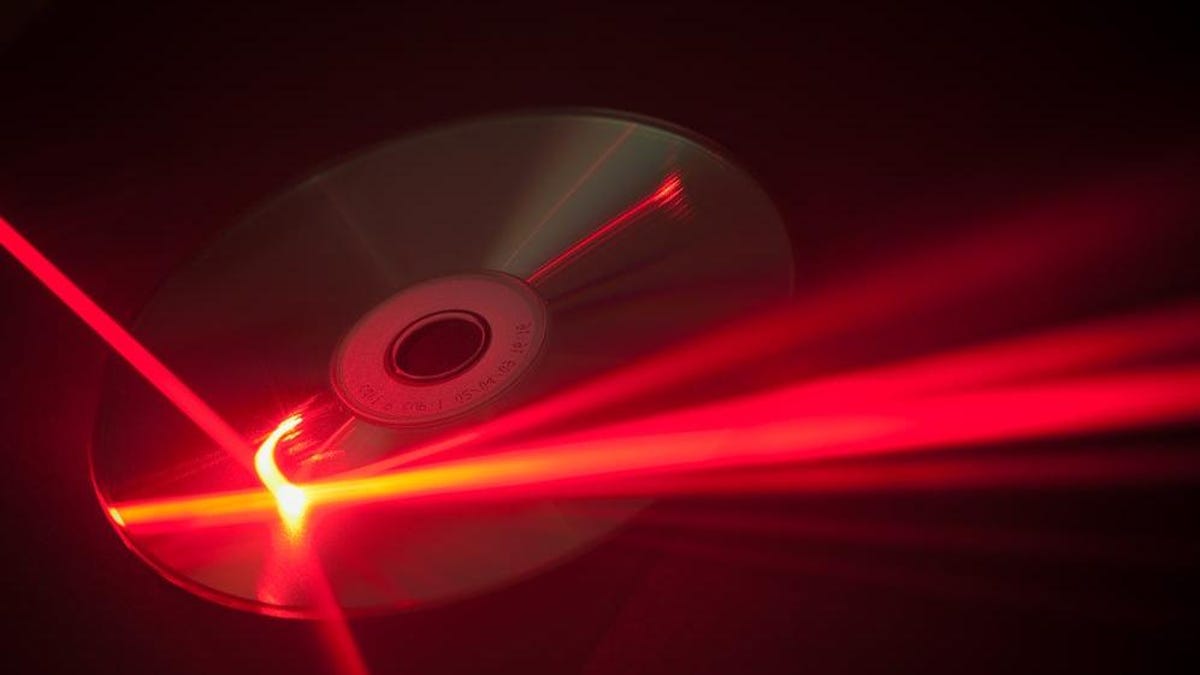Note: Unfortunately the research paper linked in the article is a dead/broken/wrong link. Perhaps the author will update it later.
From the limited coverage, it doesn’t sound like there’s an actual optical drive that utilizes this yet and that it’s just theoretical based on the properties of the material the researchers developed.
I’m not holding my breath, but I would absolutely love to be able to back up my storage system to a single optical disc (even if tens of TBs go unused).
If they could make a R/W version of that, holy crap.



Agreed. Bits are used more commonly when talking about transfer speeds, and bytes regarding storage.
I feel like I’ve seen bits used for storage on the scientific level since stuff like the pits and lands on a disc are expressed that way. To anyone in CS, you’d regard storage as a discrete whole part in some way. So bytes are fine. But when you’re developing storage, I believe you’d be concerned about bit density. Would need to read the paper though.
Sure, I did say commonly though. So for an article title in popular media you should probably use the common units to be as relatable as possible. But it’s whatever. I guess doing it this way gets people talking, eh.